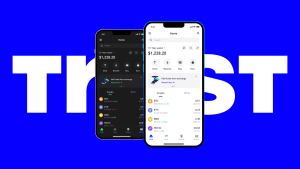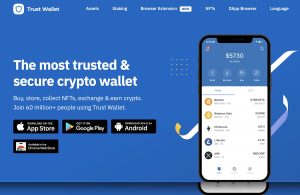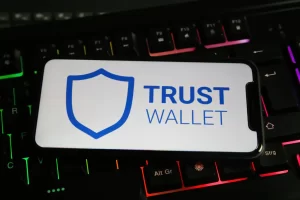What is the minimum transaction on Trust Wallet?
The minimum transaction amount on Trust Wallet depends on the cryptocurrency and network used. Each blockchain has its own minimum transfer limit, which can vary. It’s best to check the specific token’s requirements before making a transaction.
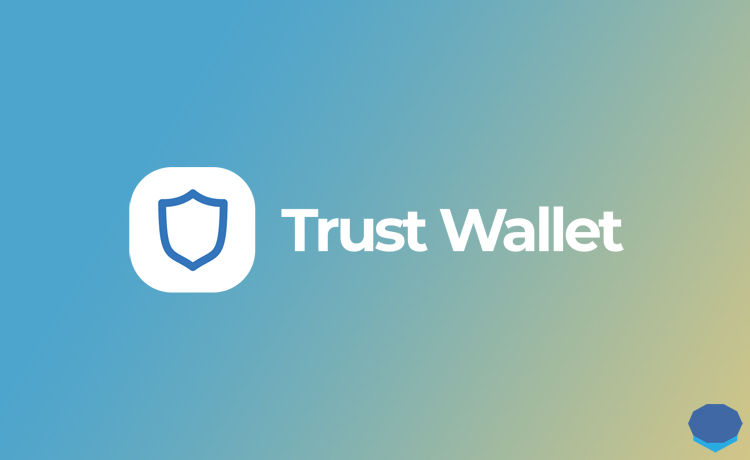
Understanding Minimum Transaction Limits in Trust Wallet
How Blockchain Networks Affect Minimum Transaction Amounts
-
Transaction Fees: Each blockchain has its own transaction fee structure, which influences the minimum amount you can send. For example, Ethereum and Bitcoin require higher fees during periods of network congestion, which may increase the minimum transaction threshold.
-
Network Conditions: When a blockchain network is congested, the minimum transaction amount might rise to ensure that transactions are processed efficiently. In such cases, lower transactions could fail or be delayed due to insufficient fees.
-
Blockchain Design: The design and protocols of each blockchain network affect the minimum transaction amount. For example, Bitcoin’s larger block sizes and transaction times typically require higher minimums than faster blockchains like Binance Smart Chain (BSC).
Differences Between ERC-20 and BEP-20 Minimum Transaction Limits
-
ERC-20 Tokens: ERC-20 tokens on the Ethereum network typically have higher transaction fees, which can increase the minimum transaction amount. Users need to factor in gas fees when sending small amounts of ERC-20 tokens to ensure that the transaction is processed successfully.
-
BEP-20 Tokens: BEP-20 tokens on Binance Smart Chain have lower transaction fees compared to Ethereum. This makes it easier to send smaller amounts without running into significant minimum transaction issues. However, users still need to ensure they have enough BNB for transaction fees.
-
Token Specific Requirements: Different tokens may have varying minimum transaction amounts depending on their blockchain. For example, sending smaller amounts of tokens on Ethereum could incur higher fees, while on BSC, lower minimums are typically allowed due to cheaper gas fees.
How to Check Minimum Transaction Amounts for Different Cryptos
Finding Minimum Limits for Popular Cryptocurrencies
-
Blockchain Explorer: You can find the minimum transaction limits for popular cryptocurrencies like Bitcoin, Ethereum, and Binance Coin by checking the respective blockchain explorer. These explorers provide details on the transaction fee structure, which helps determine the minimum threshold.
-
Cryptocurrency’s Whitepaper or Documentation: Each cryptocurrency has a whitepaper or official documentation outlining its transaction policies. This often includes the minimum transaction amount, especially for tokens on networks like Ethereum (ERC-20) or Binance Smart Chain (BEP-20).
-
Exchange and Wallet FAQs: Many cryptocurrency exchanges and wallets, including Trust Wallet, provide information on minimum transaction amounts in their help sections or FAQs. Checking these resources can give you a good idea of the expected limits for various cryptocurrencies.
Using Trust Wallet’s Features to Confirm Transaction Limits
-
Transaction Fees on Trust Wallet: When you initiate a transaction in Trust Wallet, it automatically shows the estimated transaction fee. If the transaction fee exceeds the amount you’re trying to send, Trust Wallet will notify you, ensuring that you meet the minimum requirements.
-
Token-Specific Notifications: Trust Wallet may provide token-specific alerts that help you understand the minimum transfer limits for certain assets. This feature helps you avoid sending amounts that fall below the required minimum, preventing failed transactions.
-
Network Confirmation: Before confirming a transaction, Trust Wallet allows you to review the network and transaction details. This step helps ensure that the transfer meets the minimum requirements for both the crypto network and the specific token you’re sending.
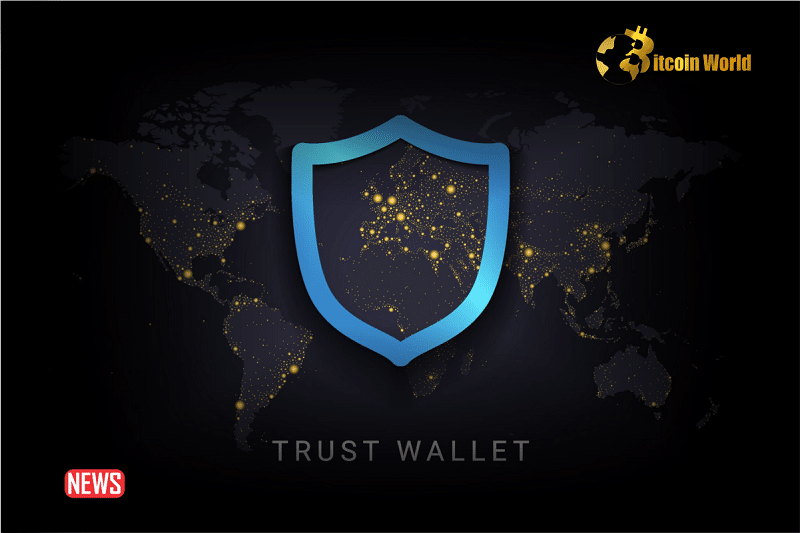
Factors That Influence Minimum Transaction Limits in Trust Wallet
The Role of Gas Fees in Transaction Minimums
-
Gas Fees Determine Transaction Cost: Gas fees are essential for processing transactions on blockchains like Ethereum and Binance Smart Chain. The higher the gas fees, the more you need to send to cover the transaction costs. If the gas fee is too high, smaller transactions may not be viable.
-
Transaction Size and Fee Ratio: Smaller transactions often face higher relative gas fees. For instance, transferring a small amount of Ethereum may result in gas fees that exceed the value of the transaction itself. This can influence the minimum amount you can send while ensuring the transaction is processed.
-
Fee Fluctuations with Network Activity: Gas fees are not fixed and can fluctuate depending on network demand. When the network is congested, gas fees rise, making it more expensive to send small amounts. This can lead to higher minimum transaction amounts as smaller transactions may no longer be economically viable.
Why Network Congestion Impacts Minimum Transaction Amounts
-
Higher Demand on Network Resources: When a blockchain network experiences high activity, such as during a market surge, the demand for transaction processing increases. This congestion leads to higher transaction fees, which in turn affects the minimum transaction amounts, as smaller transactions might be rejected or delayed.
-
Increased Competition for Block Space: During periods of congestion, miners or validators prioritize transactions with higher fees. This causes the minimum amount you can send to increase, as the transaction needs to be large enough to cover the higher fee required for timely processing.
-
Delayed Transactions and Lower Success Rates: Network congestion also results in delayed transaction confirmations. This can impact smaller transactions, which may not meet the required minimum transaction amount due to the higher fees or slower processing times.
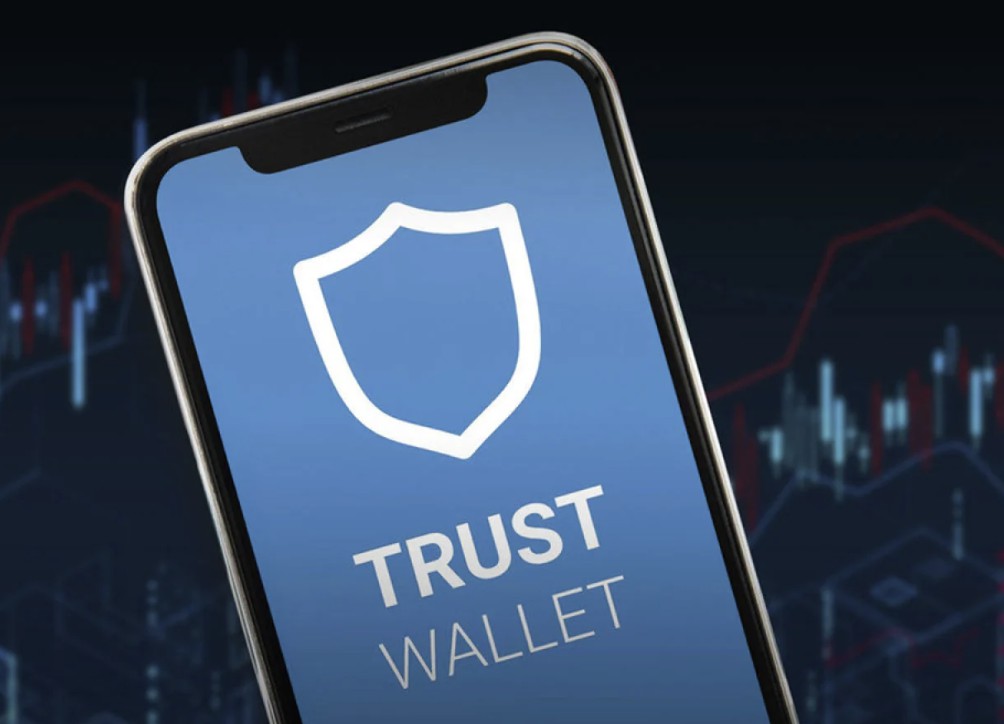
How to Adjust Your Trust Wallet Transaction Size
Managing Transaction Fees to Optimize Amounts
-
Adjust Gas Fees Manually: Trust Wallet allows you to adjust the gas fee for transactions. You can choose a higher fee for faster processing or lower fees for a longer wait. By optimizing the fee, you can ensure that the transaction size is more cost-effective without exceeding the minimum required.
-
Check Network Status: Before sending a transaction, check the current network conditions. If the network is congested, gas fees will be higher. Opting for lower fee times, such as during off-peak hours, can reduce the cost of sending smaller transactions.
-
Use Layer 2 Solutions: For tokens like Ethereum, consider using Layer 2 scaling solutions (e.g., Optimism or Arbitrum) that allow you to send smaller amounts with reduced fees. Trust Wallet may support these solutions for certain assets, offering a more affordable transaction method.
How to Avoid Paying Excessive Fees in Small Transactions
-
Set Custom Gas Prices: Trust Wallet allows you to manually adjust the gas limit. By setting a reasonable gas price, you avoid overpaying for small transactions while ensuring the transfer gets processed. Look for the optimal gas price that matches the current network conditions.
-
Consider Alternative Blockchains: If the transaction fees are too high on Ethereum, consider transferring assets to a blockchain with lower fees, such as Binance Smart Chain (BSC) or Solana. Trust Wallet supports a variety of networks, enabling you to choose the most cost-efficient one for smaller transactions.
-
Bundle Small Transactions: Instead of making multiple small transactions, consider bundling them into a larger transaction. This reduces the total number of gas fees paid and ensures that you’re not wasting funds on multiple low-value transfers.
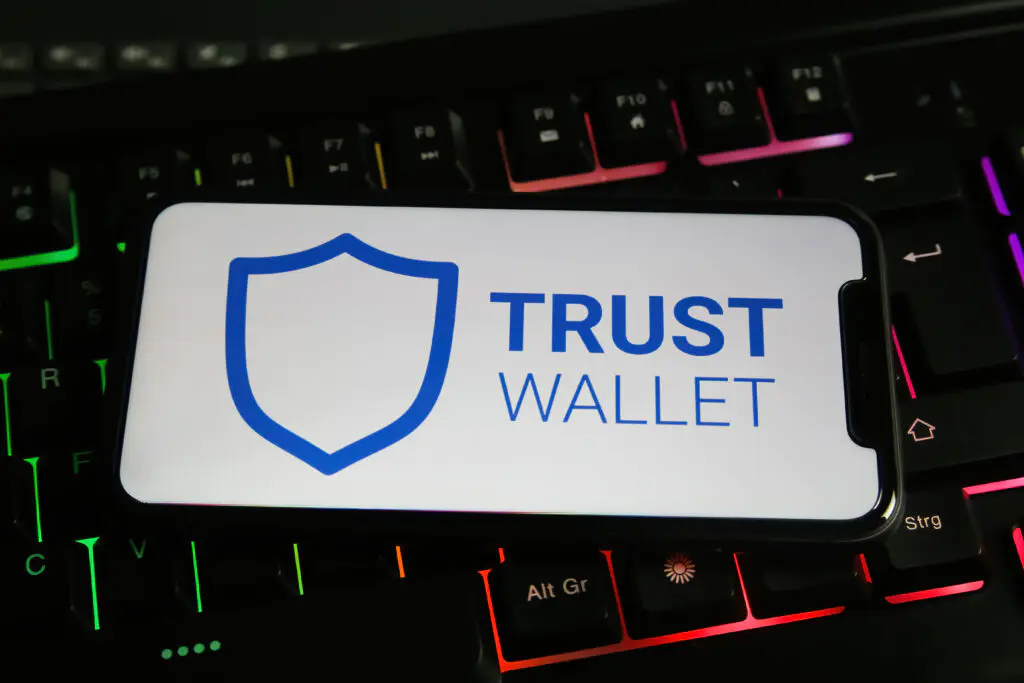
Trust Wallet Transaction Limits for Ethereum and Other Tokens
Minimum Ethereum Transaction Requirements
-
Gas Fees Impact Minimums: The minimum amount you can send on Ethereum is significantly influenced by gas fees. Gas fees fluctuate based on network congestion. For smaller transactions, these fees can become disproportionately high, potentially making smaller transfers impractical.
-
Gas Limit and Transfer Size: Ethereum transactions require a gas limit to cover the computational costs of processing. If you’re sending a very small amount, the gas fees could exceed the transaction amount, making it unfeasible to complete the transfer unless the transaction size is large enough to cover these fees.
-
Ethereum Network Congestion: During times of high activity or congestion, the minimum transaction requirements on Ethereum may increase. Users may find that the minimum amount they can send also rises due to the elevated cost of gas in congested conditions, making small transfers less economical.
Understanding Token-Specific Minimums on Trust Wallet
-
ERC-20 Token Variations: Trust Wallet supports a wide range of ERC-20 tokens, and each token may have its own specific transaction minimum. This is because different tokens may have different gas requirements for their transactions, especially if they use custom smart contracts.
-
BEP-20 Token Requirements: For BEP-20 tokens on Binance Smart Chain (BSC), the transaction minimum may differ from Ethereum-based tokens. These tokens generally have lower gas fees, allowing for smaller transactions with reduced costs compared to Ethereum.
-
Token-Specific Alerts in Trust Wallet: Trust Wallet alerts users when a transaction may not meet the minimum amount required for a specific token. If a transfer falls below the token’s threshold, you’ll be notified before confirming the transaction, helping you avoid failed transfers.

